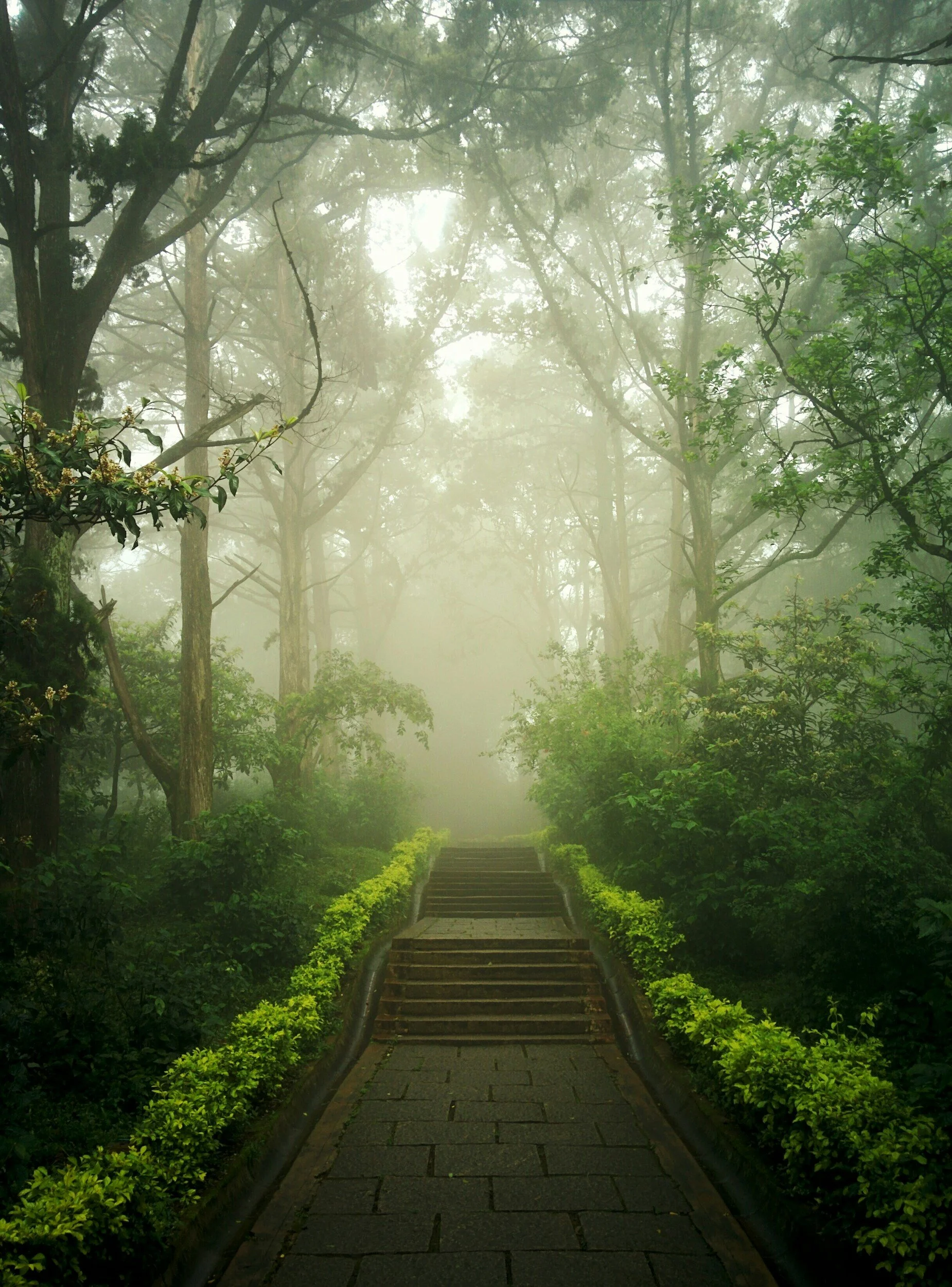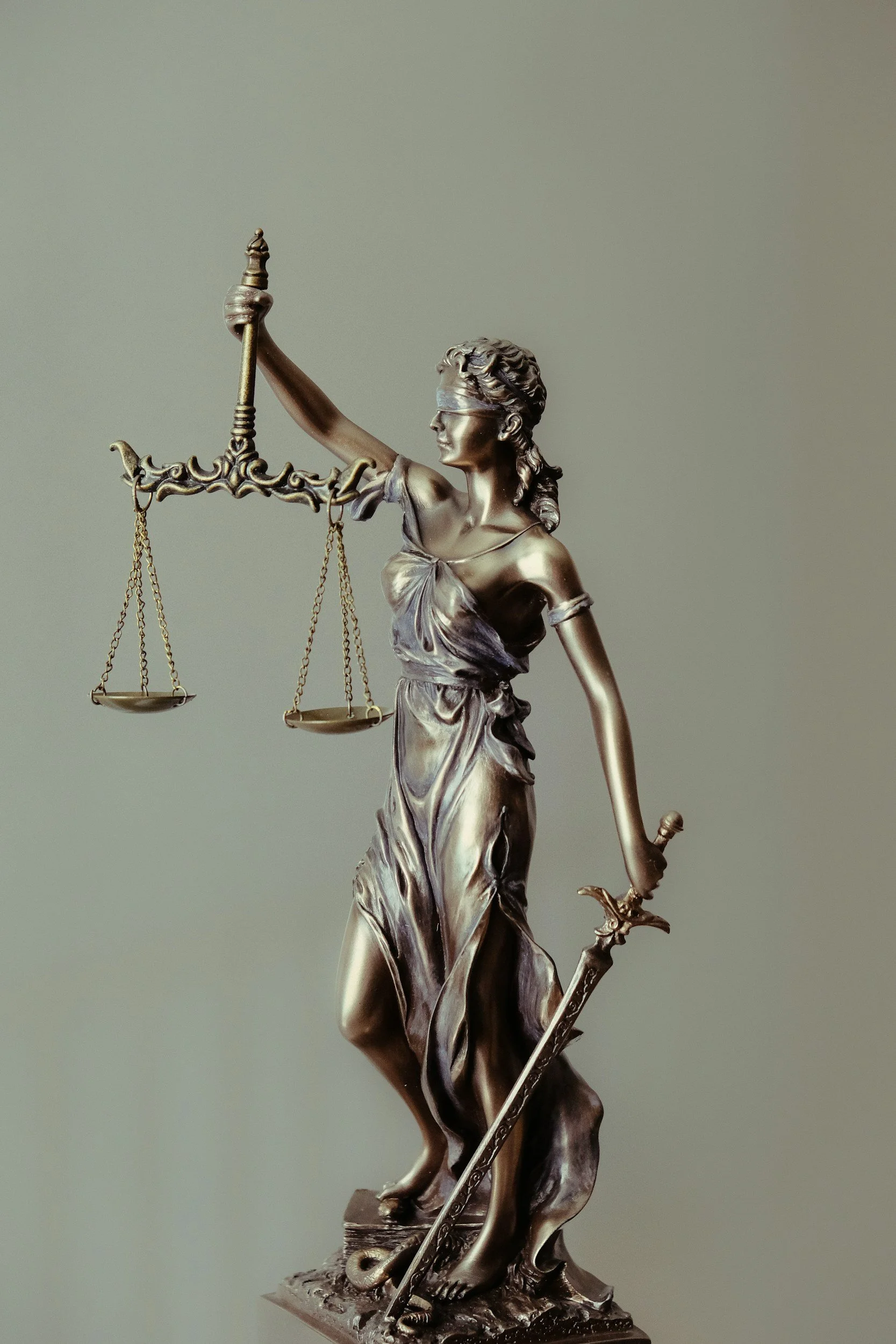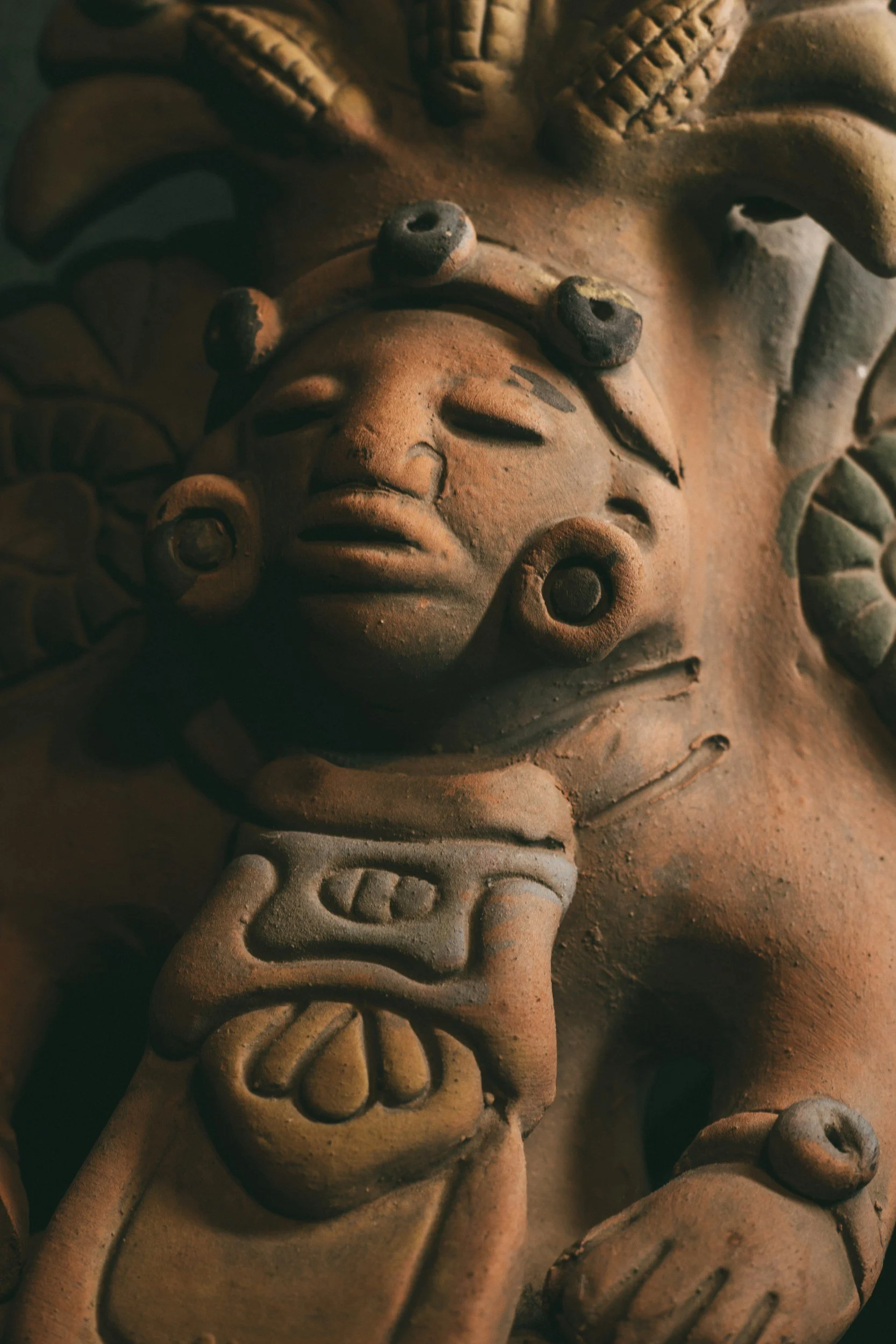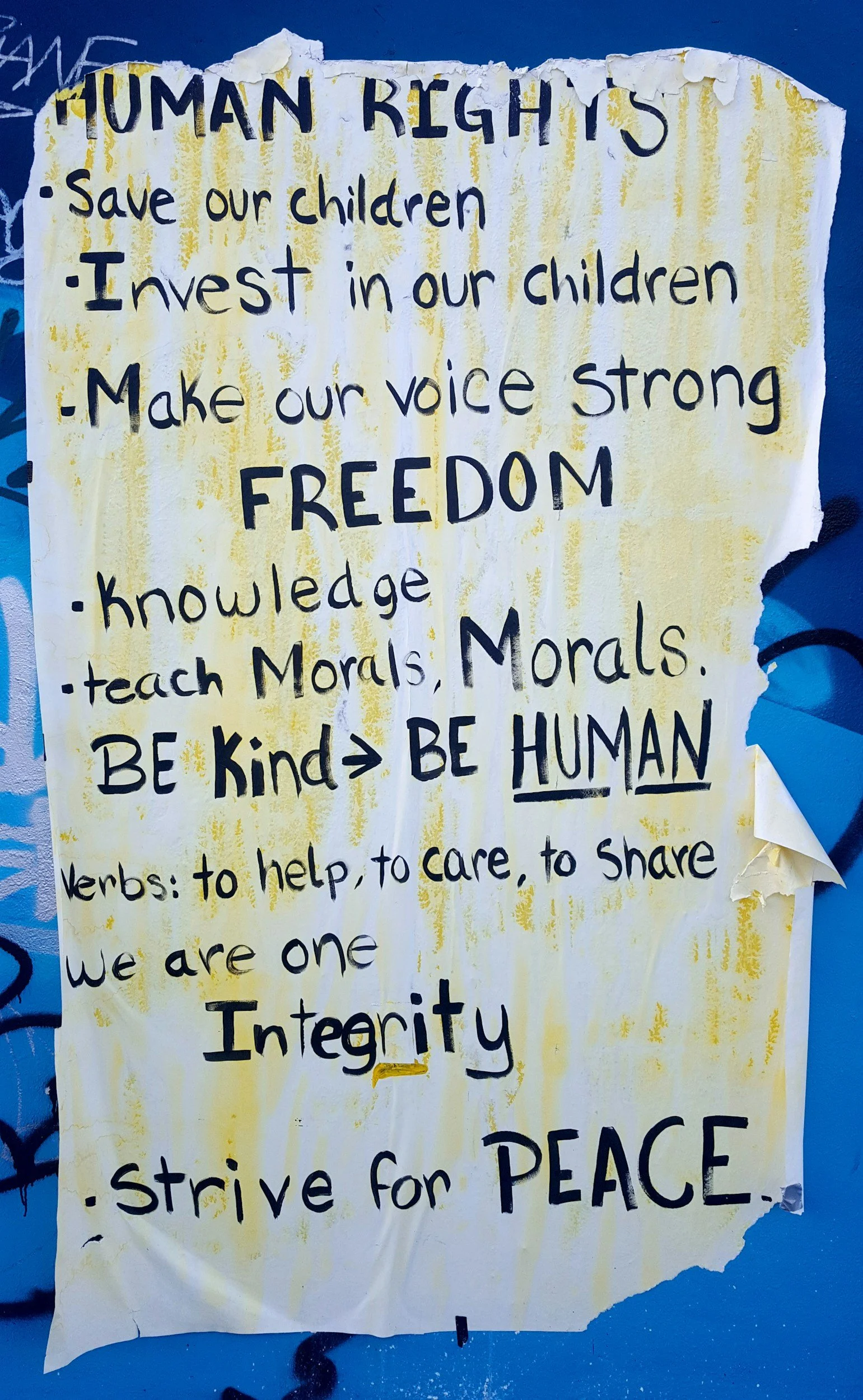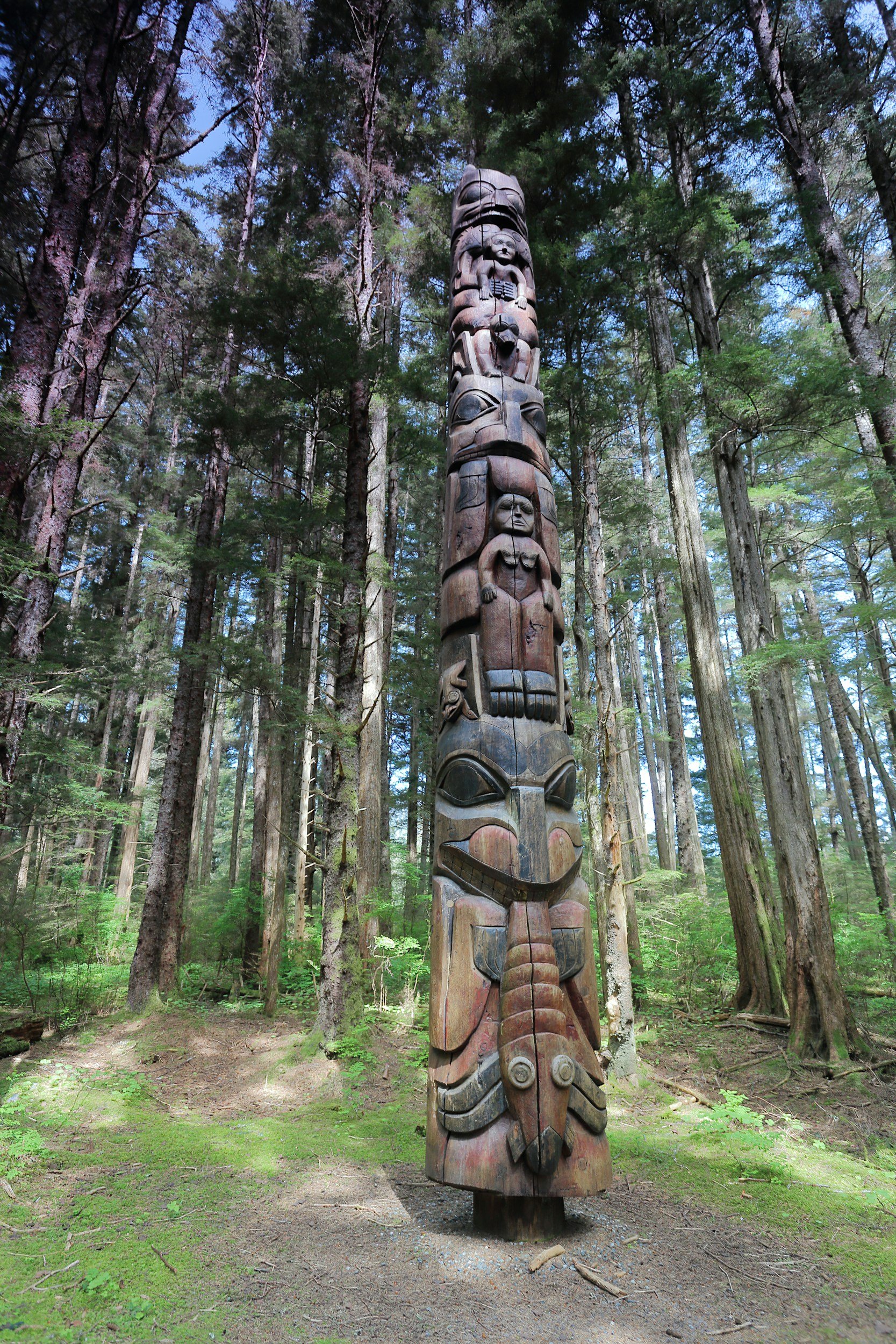Why Ndi Ichie (Igbo Ancestors) Guide Public Morality
Morality is not abstract in the practice of Odinani, it is ancestral. In Odinani, public morality is safeguarded by Ndi Ichie, the revered ancestors who once walked the land, interpreted the will of the Earth goddess (Ala), and laid the ethical foundations of society.
To understand how morality works in traditional Igbo life, you must understand how and why our ancestors still govern it.
The Ancestors as Moral Custodians
In Igbo worldview, Ndi Ichie are active participants in the spiritual governance of the community. These are ancestors who lived righteous lives, upheld truth, purity, justice, and goodness, and were honored with proper burial rites. Upon transition, they become guides, guardians, and spiritual monitors of their descendants.
But their influence extends beyond the personal level, it is also societal.
They are guardians of public morality, constantly evaluating how well the living uphold the moral codes they themselves helped establish. When moral decay begins to seep into the community, the ancestors are believed to withdraw their blessings, leading to disunity, misfortunes, or even spiritual ailments.
Why the Ancestors Know Best
The authority of the ancestors in moral matters is centered in the fact that:
They interpreted the will of Ala, the Earth goddess and the ultimate moral force.
They lived through experience and passed down tested ethical frameworks.
They understand what ensures the survival and harmony of the tribe or community, because they built it.
In other words, they laid the foundation, so why wouldn’t they be the ones guarding it?
And so, the ancestors are not just spiritual figures to be honored during rituals; they are ongoing voices of conscience, teaching through tradition, taboos (nso ala), communal values, and the consequences that follow moral transgressions.
The Perpendicular Concept of Society
One of the most powerful aspects of Igbo moral philosophy is its perpendicular structure:
The present is rooted in the past.
The future depends on how the present honors that past.
This is a functional worldview that enables the present generation to remember and obey the moral codes of their ancestors, consequently ensuring the continued favor of the spirit world, and in turn, passing on moral stability to the next generation.
How the Ancestors Intervene
Because they are held in high honor, the ancestors have access to divine counsel. When the living uphold moral integrity:
They advocate on their behalf before the gods and higher spirits.
They intervene in times of crisis, offering protection, fertility, justice, and guidance.
They bless the land with peace and productivity.
But when the moral order is violated:
They may withhold blessings.
They may permit misfortunes as a corrective force.
They may allow spiritual imbalance to awaken the conscience of the community.
What This Means for Us Today
In modern society, where values tend to shift with trends, it’s tempting to think of morality as purely subjective or situational. But Odinani challenges us to ask the question — Are our actions aligned with ancestral wisdom?
You don’t have to live in a village or wear traditional regalia to honor this principle. Every time you:
Speak the truth when it’s inconvenient,
Choose integrity over selfish gain,
Protect the vulnerable,
Act with dignity in public life,
…you are living in the way Ndi Ichie hoped you would.
And in doing so, you keep the moral flame burning not just for yourself, but for your community and those yet to be born.
To Sum It Up
The Igbo understanding of morality is deeply intergenerational. The ancestors judged it. We uphold it. The future inherits its consequences.
Public morality, then, is not enforced by fear of punishment, but by a spiritual accountability to those who came before, and those who will come after.
So when you’re in doubt about what is right, ask yourself not only:
"What do the laws say?"
"What do the people say?"
Also ask:
“What would my ancestors bless?”
“What would they frown upon?”
Because in the Igbo spiritual ecosystem, Ndi Ichie are always watching, not to control, but to guide. And when society honors their voice, it thrives in truth, harmony, and longevity.
